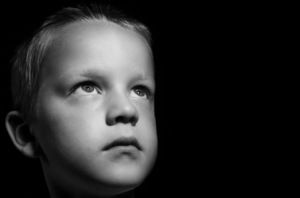News
Denmark’s biggest party wants expelled children cases sorted
This article is more than 7 years old.
Socialdemokratiet unveils proposal in wake of dubious rulings

Over 60 kids have been kicked out since last year (photo: Pixabay)
The two high-profile cases involving Yiming and Mint have prompted political action.
Both girls were about the same age at the time of their residence application – Yiming (from China) was 13 and Mint (from Thailand) was 12. Both have an Asian mother with full custody, a Danish stepfather and a biological father in their homeland who they don’t have much contact with.
Both girls have spent most of their lives in their homelands. They both arrived in Denmark after their mother arrived and they had both attended Danish schools for 14-17 months by the time Immigration Services makes a decision on their cases.
But despite the glaring similarities of the cases, Yiming (then 15) was allowed to stay in Denmark, while Mint (then 13) was told to leave the country within a week because she was evaluated as being unable to attain an acceptable level of connection to Denmark.
READ MORE: To shake or not to shake – that is the question
Presented today
Yiming still attends her school here in Denmark, while Mint has been forced to move back to Thailand with her mother, while her stepfather and half-brother remain in Denmark.
The cases are not unique, according to Immigration Ministry figures, which show that of the 120 children evaluated for their prospective integration ability, 58 were approved, while 62 were denied.
READ MORE: Brexit border-dash: I can’t become a Dane
S stepping up
Now, Socialdemokratiet (S) party has had enough of the opaque processing procedure and has put forward a proposal that aims to avoid cases such as with Mint and Yiming.
“We propose a law that is based on objective and transparent criteria so we can clearly inform parents that their children can come here if they adhere to four or five specific criteria,” Mattias Tesfaye, the spokesperson for integration issues for S, told TV2 News.
The proposal will be presented to Parliament today, as well as proposals from other parties, including Venstre and Dansk Folkeparti.










































